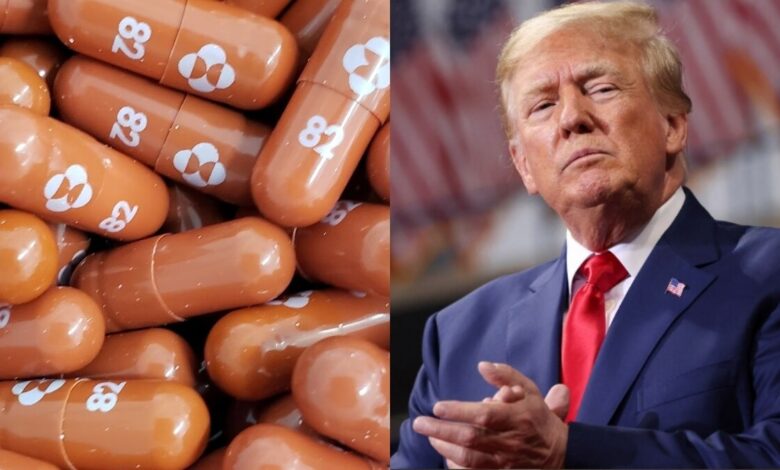Pharma stocks in focus as Trump eyes probe into foreign drug pricing practices

Pharmaceutical stocks are in focus on Thursday morning following reports that US President Donald Trump has ordered an investigation into foreign drug pricing practices. According to Reuters, the probe will examine whether America’s trading partners are underpaying for pharmaceuticals. The investigation is expected to be conducted under Section 301 of the US Trade Act of 1974.
The US remains the largest market for Indian pharmaceutical exports, accounting for nearly 35 per cent of shipments valued at around $10 billion in FY25.
Among Indian companies, Aurobindo Pharma derives 89 per cent of its revenue from exports, with nearly half (49 per cent) from the US. Similarly, Biocon earns about 46 per cent of its revenue from the American market. Other major exporters include Cipla (29 per cent), Dr. Reddy’s Laboratories (46 per cent), Lupin (36 per cent), Sun Pharma (33 per cent), Zydus Lifesciences (48 per cent), and Piramal Pharma (39 per cent).
If implemented, the investigation could result in tariffs or other trade actions against countries that negotiate lower drug prices—most of the developed world—thereby heightening global pharmaceutical trade tensions. Trump has repeatedly criticised what he calls “global freeloading on American pharmaceutical innovation.”
The move follows months of tariff threats. In September, Trump proposed a 100 per cent tariff on branded drugs unless production was shifted back to the US, a proposal later shelved to allow more time for compliance. Analysts had expected minimal impact from that proposal on Indian generic exporters. Even for contract development and manufacturing (CDMO) firms, the effect was seen as limited since they typically produce intermediates rather than final formulations for innovator or global pharma companies. Moreover, CDMO players cater to global demand, not solely the US market.
Besides, Trump had signed an executive order directing drugmakers to match the lowest prices paid by peer nations in May. Over the summer, he also issued letters to 17 pharmaceutical firms demanding lower Medicare prices within 60 days. Pfizer recently said it had reached a deal in which the US company would lower prescription drug prices in the federal Medicaid programme to match those it charges in other developed countries and offer similar pricing on all new drugs launched in the US.
While Section 301 actions traditionally target foreign governments, Trump’s trade office has used the same authority to address multinational issues—most notably on digital services taxes affecting US technology companies.
Disclaimer: Business Today provides stock market news for informational purposes only and should not be construed as investment advice. Readers are encouraged to consult with a qualified financial advisor before making any investment decisions.






